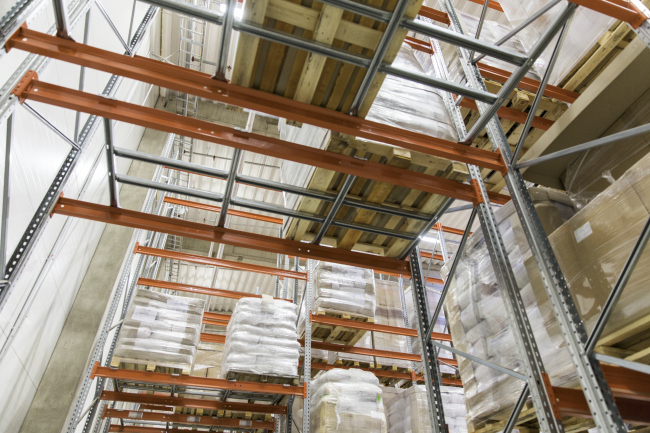Top 5 Most Important Supply Chain Trends of 2019

As the year of 2018 is behind us, many of us are now undoubtedly evaluating the challenges they faced, the obstacles they overcome and the successes they have achieved. But let’s take a look forward and introduce the top 5 most important trends that will determine the logistics and supply chains in 2019 and much more.
1. Strategic Supplier Relationships
According to a PricewaterhouseCoopers study, it will be necessary for enterprises to implement major changes in their overall system of operation. This will also include their way of interacting with suppliers and focusing on costs, overall added value, and return on investment. The success of these activities will be closely related to the ability to secure a strategic supplier that suits the business requirements and the strength of that relationship. In comparison to the traditional vendor group competition, this will be a significant change that will ensure better conditions or a higher level of provided service.
2. Gradual Digitization
A global survey, conducted by Deloitte in 2018, says that as a result of digital deployment, 66% of the surveyed managers expect major changes over the next five years. Digitization will completely transform inventory management (including overall performance, risk, supply relationships and innovation), resource and purchasing process, as well as business planning and strategic development (including analytics and research).
Most businesses have already taken the path to digital transformation at their own pace, but some still hesitate to use new digital tools such as artificial intelligence, robotics or blockchain. This often happens due to different levels of knowing when and how to use a particular technology.
However, the truth is that digitization will only become more and more important. Supply networks are under development and are gradually connecting all parts of the supply chain into one unit. Companies use advanced analytics to improve their performance. In the following year, cognitive management support functions, blockchain, the Internet of things and big data will be much more involved.
3. Risk Management
In this period of uncertainty, which is characterized by Brexit, trade wars and growing protectionism, risk minimization is going to be a key element. According to the Deloitte study, management will also be taking care of a risk control and forecasting by 2020. In addition to market and supplier risks and natural or geopolitical risks, there is a growing need to focus on cyber security which is becoming a universal threat that all businesses across the field must face.
4. Emphasis on Sustainability
Emphasis on sustainability is expected to be significant since 2019. Sustainability, innovation and efficient supply can work together to deliver better performance to the business, as well as the planet. Both support and demand for industrial sustainability are expected to grow this year just like the public awareness of environmental aspects.
5. Growth of Automation
This year, 72% of companies expect a higher level of involvement with robotics and automation resources to increase productivity and meet customer requirements, and reduce both costs and shipping time. At the same time, some companies are actively training their employees, so that they would acquire new skills and competences such as project management, supplier relations and risk management. This trend is likely to intensify this year with the arrival of new technologies.
What to Say in Conclusion?
Here we present the top 5 most striking trends we can expect this year. But we live in a very changeable world, where it is usually hard to predict the following week, let alone the whole year.
However, there are some factors that will have a significant impact on different industries (such as the aforementioned Brexit and customs and retaliation policies). From a digital point of view, it is all about how modern technologies can help solve the challenges most businesses face.
Related articles
Jun 7, 2024
DJI introduces its first delivery drone
DJI introduces its first delivery drone
Jun 7, 2024
5 expert insights into the world of dynamic simulations and logistics
5 expert insights into the world of dynamic simulations and logistics
Apr 2, 2024